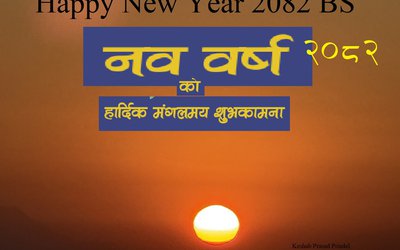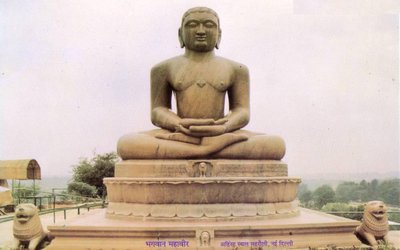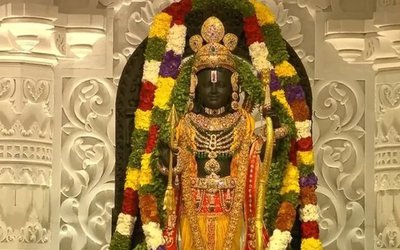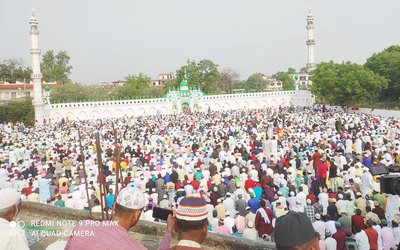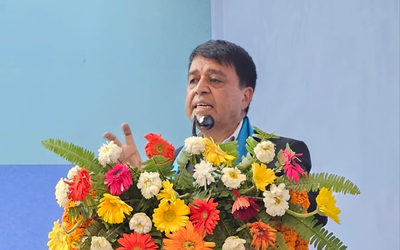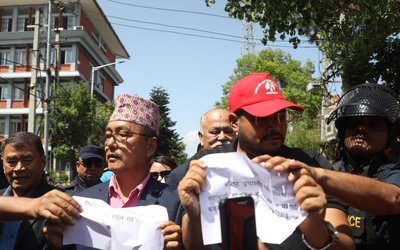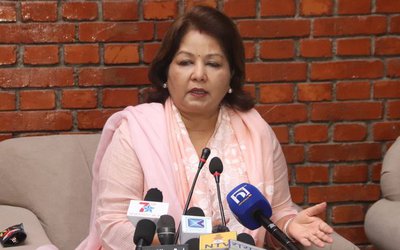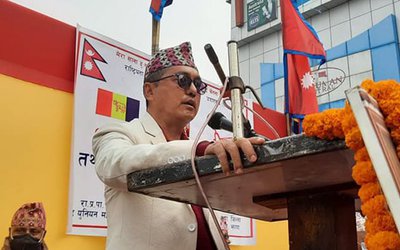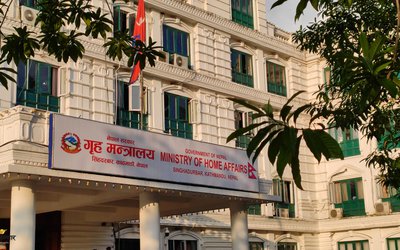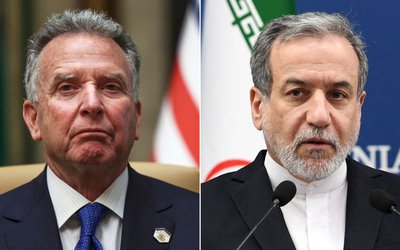
Ram Nawami, the birthday of Lord Ram, a divine figure in Hinduism, is being observed throughout the country with religious devotion today.
A spring festival of Hindus, Ram Navami is celebrated to mark the birthday of Lord Rama, who is considered the seventh avatar of Lord Vishnu. The festival falls on the ninth day of Shukla Paksha in the Hindu calendar month of Chaitra, which typically falls in the Gregorian months of March or April every year. This year, it is celebrated on April 21.
Hindu devotees celebrate this festival by observing fast, singing devotional songs and offering prayers at their homes and nearby temples.
Thousands of devotees, some from India, have flocked to Janakpurdham to offer their prayers at the Ram Janaki Temple in Dhanusha district to mark the festival. Ancient Janakpur was the birthplace of Sita, the better half of Lord Ram.
Devotees have organized special religious functions and bhajan (hymns) sessions at the premises of the temples across the nation. Ram devotees visit temples from early morning to offer their prayers to the Lord Ram who is said to have defeated demonic King Ravana.
The muhurat for Ram Navami madhyahna will begin at 11:02 am and end at 1:38 pm, according to drikpanchang.com. The Navami tithi will begin at 12:43 am on April 21 and will end at 12:35 am on April 22.
It is believed that Lord Rama was born during the madhayhna period or the middle of the day. This is the most auspicious time to perform the Ram Navami puja rituals. The chanting and celebration reach their peak during this time of the day.
On this occasion, eight prahar fasting is suggested which means devotees should fast from sunrise to sunset.
The puja begins with meditation in front of an idol of Lord Rama, following which several mantras are chanted. After Lord Rama is invoked, five flowers are taken in between the palms, and a mantra is chanted, after which the flowers are put in front of the idol to offer him a seat. The god is then offered water to wash his feet, head, and for sipping. After this, honey and milk are offered to Lord Rama while chanting a mantra, followed by water for bathing. After this, he is offered new clothes, scent, and flowers. In the end, Naivedya, fruits, betel leaf and dakshina are offered. This is followed by aarti.
- Iran, US to continue talks for nuclear deal
- Apr 20, 2025
- Putin announces Easter ceasefire in Ukraine
- Apr 20, 2025
- ICIMOD Says Hindu Kush Himalaya (HKH) Faces Lowest Rainfall In Third Conseqquetive Year
- Apr 19, 2025
- Tatopani Border Point Will Be Upgraded: Foreign Minister Dr. Deuba
- Apr 19, 2025
- Zelenskyy accuses China of supplying weapons to Russia
- Apr 19, 2025

